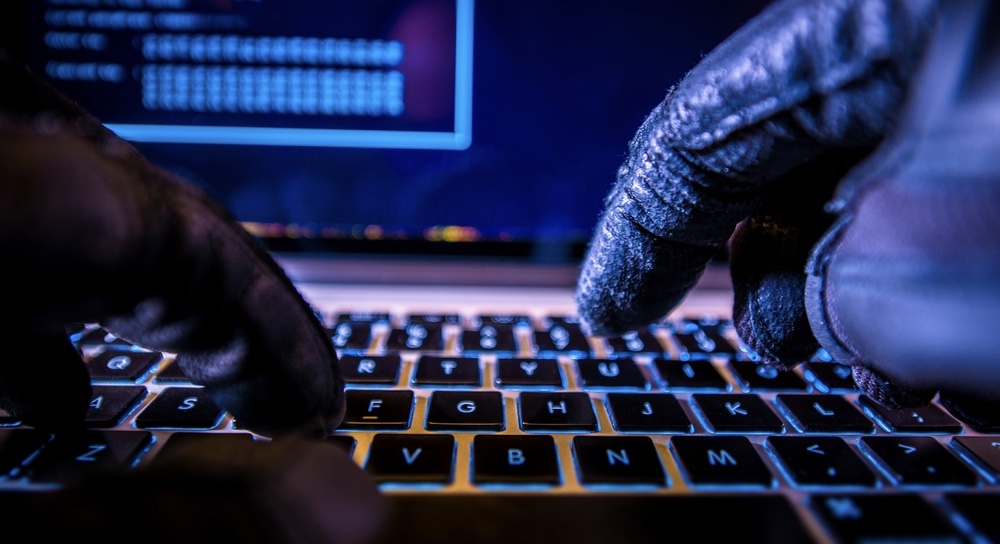Hello everyone, my name is Rocky and I am a web developer and hacker. Today, I want to address a question that I am often asked: “Is programming required to become a hacker?”
As a seasoned professional in the field, I can say that the answer is a resounding, “Yes and No.” On one hand, programming skills are essential to becoming a hacker. A hacker needs to understand the workings of computers, networks, and software systems in order to penetrate them and find vulnerabilities. They need to know how to write code to exploit those weaknesses and gain unauthorized access.
On one hand, programming skills are essential to becoming a hacker. A hacker needs to understand the workings of computers, networks, and software systems in order to penetrate them and find vulnerabilities. They need to know how to write code to exploit those weaknesses and gain unauthorized access.
Discover:
How do I get stated in Cyber Security
However, programming is not the only skill that a hacker needs. A hacker must also be creative and think outside the box. They must be able to find new and unique ways to penetrate systems and gather information. A hacker must also have excellent problem-solving skills and the ability to think on their feet.
So, the answer to the question is both yes and no. If you want to become a hacker, it is essential that you have a good understanding of programming. But it is not the only skill you need. You must also be creative, have excellent problem-solving skills, and be able to think on your feet.
So, to all aspiring hackers out there, don’t just focus on programming. Instead, focus on developing a well-rounded set of skills that will make you a better hacker. This includes creativity, problem-solving skills, and the ability to think outside the box.
Let’s Discuss About Some Myth
The world of hacking has always been shrouded in mystery and misconceptions. From Hollywood movies portraying hackers as lone geniuses typing away at their computers to the general public’s misunderstanding of what a hacker actually does, it can be difficult to separate fact from fiction. In this blog, we aim to clear up some of the most common myths about becoming a hacker and discuss the skills and knowledge required to be successful in this field.
Myth #1: Hackers are Criminals
One of the biggest misconceptions about hackers is that they are all criminals who use their skills to steal information and cause harm. While it’s true that there are some hackers who engage in illegal activities, the majority of hackers are simply people who are passionate about finding ways to improve and secure computer systems. Many hackers use their skills to test the security of organizations and help them identify and fix vulnerabilities.
Myth #2: Hackers are Lone Geniuses
Another popular myth is that hackers work alone, locked away in their bedrooms, never venturing outside into the real world. In reality, hackers often work in teams, sharing their knowledge and skills with one another. They also attend conferences, participate in hacking competitions, and engage with the wider tech community. Being a successful hacker requires strong communication skills and the ability to work well with others.
Myth #3: You Need to Know How to Code
While it is true that programming skills are essential to becoming a hacker, they are not the only skills required. A hacker must also have a deep understanding of computer systems and networks, as well as the ability to think creatively and find unique solutions to problems. They must be able to work under pressure, make quick decisions, and think outside the box. In short, a hacker needs to be a well-rounded tech professional who is comfortable with multiple programming languages, operating systems, and hardware platforms.
So, what does it take to become a hacker?
The reality is that there is no single path to becoming a hacker. Some people start out with a background in computer science or engineering, while others learn the skills they need through self-study and hands-on experience. However, some of the key skills required to be a successful hacker include:
- Strong programming skills in multiple languages
- Knowledge of computer systems and networks
- Creativity and problem-solving skills
- The ability to think outside the box
- Strong communication and teamwork skills
In conclusion, becoming a hacker requires more than just programming skills. It’s about developing a well-rounded set of skills that includes creativity, problem-solving, and the ability to think outside the box. So, if you’re passionate about technology and security, and you’re willing to put in the hard work, then you might just have what it takes to become a successful hacker.
And remember, with great power comes great responsibility. Use your skills for good, not evil. Happy hacking!
Read Also : I challenged myself to read every day, and it changed my life
